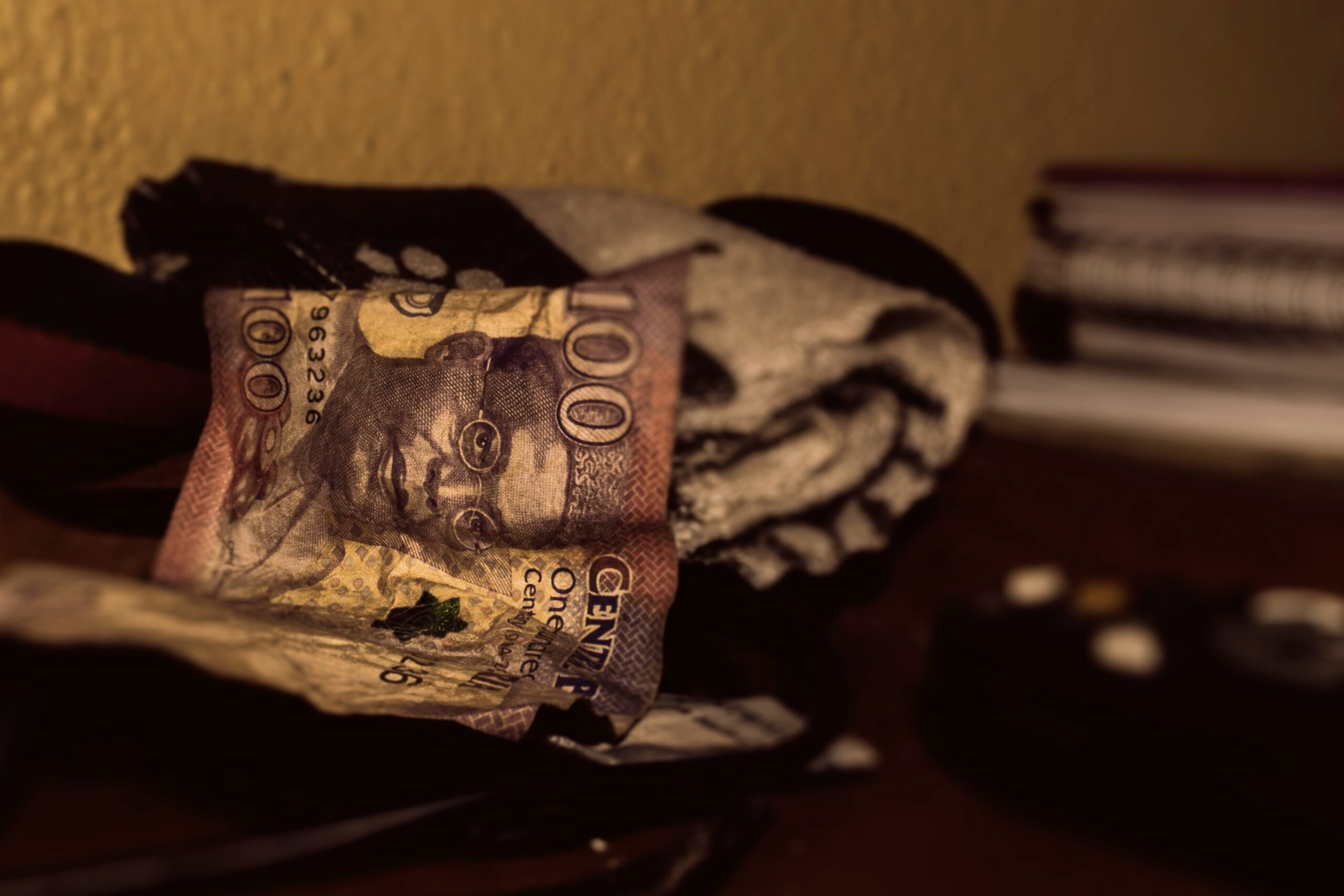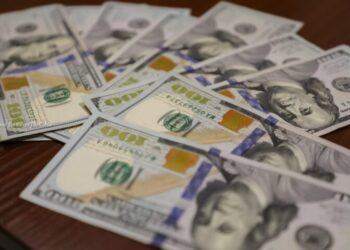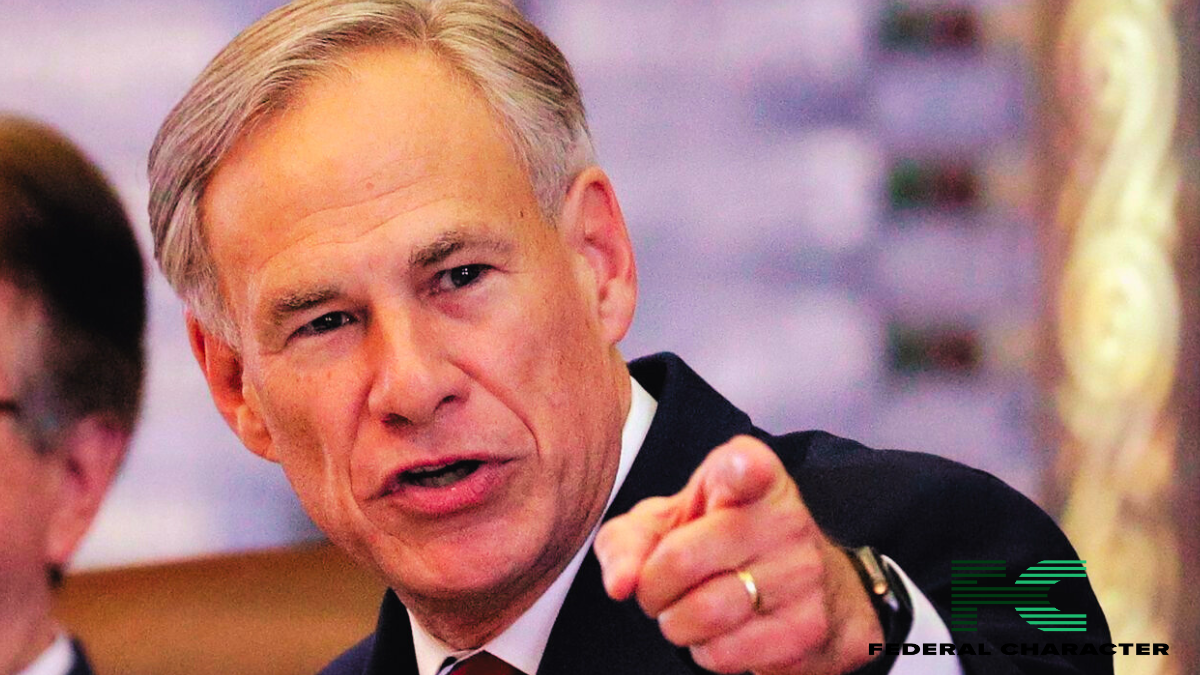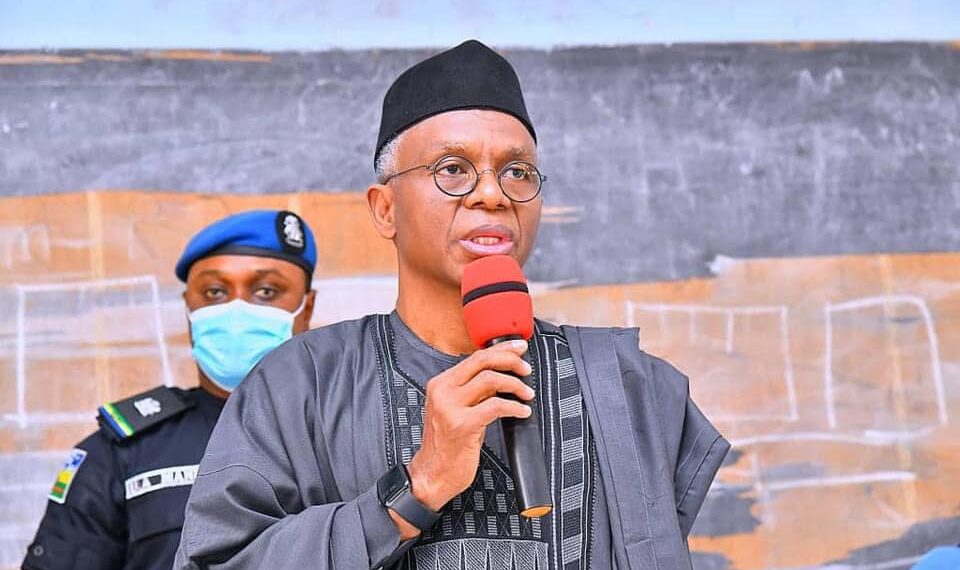The Nigerian government’s recent policy changes have had big effects on its people. In the last 18 months, they stopped giving money to help with fuel prices and made one exchange rate for money. These changes have really affected how much people can buy and their overall well-being.
With prices rising quickly and the value of the naira decreasing, it’s important to rethink these choices.
The exchange rate, which is a key part of Nigeria’s economy, is in bad shape. The naira losing value has caused higher fuel prices, more inflation, and less money to buy things. The Dangote Refinery starting up, which was supposed to help, has instead seen fuel prices go up because of the high exchange rate. This shows that Nigeria needs many different ways to fix its economic problems.

Increasing the supply of foreign money (FX) is important to help the naira. The recent bond sale in dollars, which was very popular, didn’t do much to change the exchange rate. To avoid problems, future bond sales should focus on Nigerians living abroad and international investors.
The Central Bank of Nigeria (CBN) trying to control inflation has led to very high interest rates, making it hard for businesses to get loans. This method could accidentally harm its own goals, as high interest rates slow down economic growth. It’s important to review the increases in the Monetary Policy Rate (MPR) to lower interest rates and help the economy grow.
Recent economic changes, like President Tinubu sending the Fiscal Policy and Tax Reform Bill, are meant to improve how we collect money. But not removing the VAT tax and raising luxury taxes have caused worries. These changes need to be looked at closely to make sure they are fair for everyone.
Nigeria’s economic comeback needs a complete plan, dealing with foreign currency supply, interest rates, tax rules, and talking with people. By thinking about these important topics, the government can improve its economic plan, giving Nigerians what they need and supporting long-term growth.
For example, the luxury tax is aimed at wealthy buyers, but its effects on small businesses and entrepreneurs are still uncertain. Likewise, the VAT tax bill needs to be re-evaluated for its impact on low-income families. A more detailed plan, taking into account the complex nature of Nigeria’s economy, is crucial.
The future of Nigeria’s exchange rate in the next six to twelve months depends on two main things: a big increase in the supply of foreign exchange (FX) and a big drop in FX demand caused by refining more petroleum products locally. If we don’t do the latter, then what’s the use of having a local refinery with that much capacity?

















